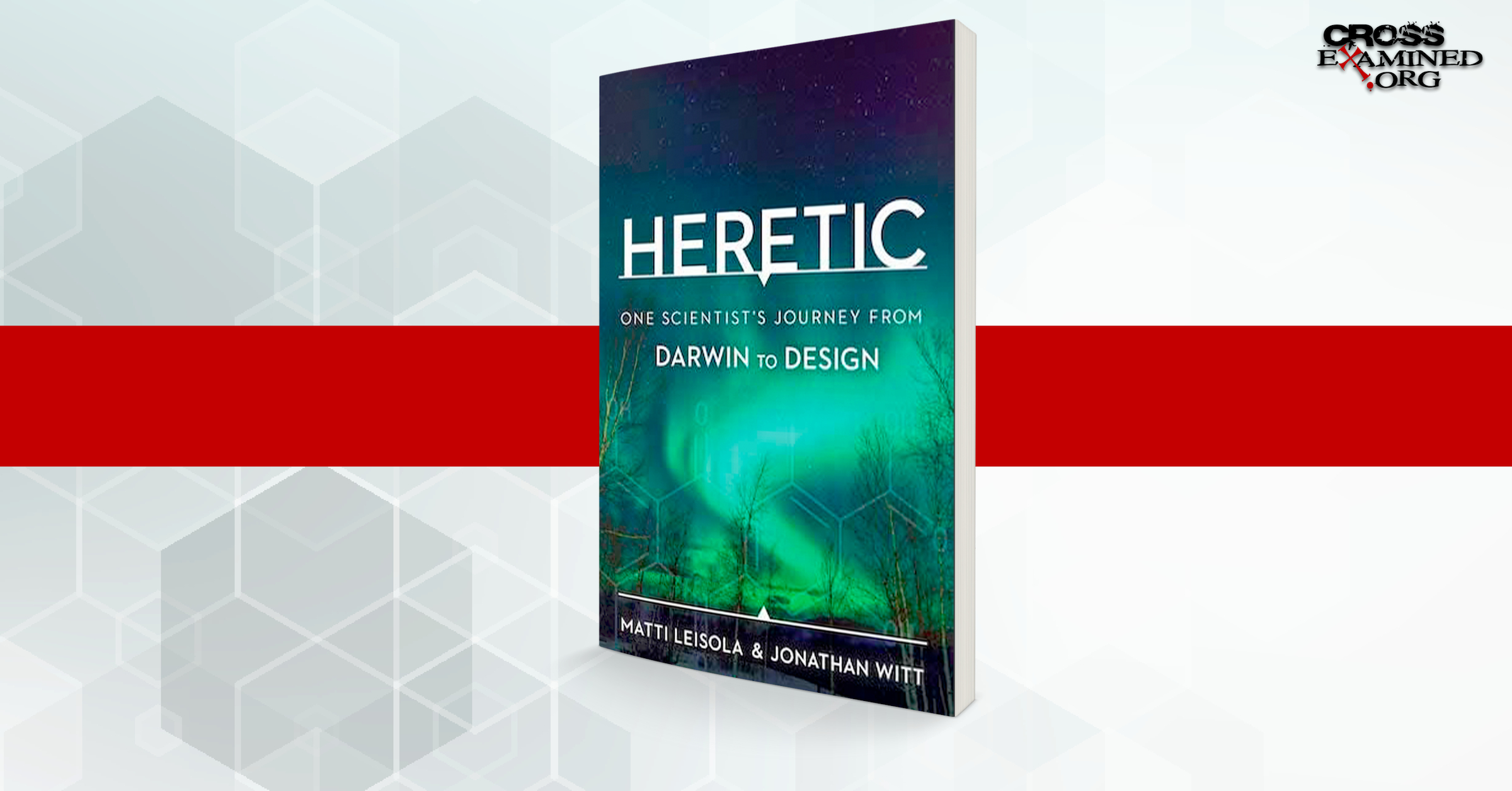I’ve never been much of an artist. I do, however, have great respect for those that possess the skill and patience to create a masterpiece. In fact, I admire anyone that can draw anything beyond a stick figure. I remember when I was growing up, my brother would draw figures from comic books, and my best drawings would pale in comparison. My wife is an amazing artist as well, and I now see similar talents in my daughter. I have to give credit where credit is due.
Often when you are in the presence of a great work of art or anything that has been finely made, you stand in awe. However, we are not simply in awe of what was made but that someone was able to conceive of and make it. The magnificence of the ceiling in the Sistine Chapel is not the details in the design of what has been painted but in the fact that Michelangelo had the ability to paint such details.
To not give credit to Michelangelo is a lesser example of not giving credit to the designer of everything… including Michelangelo. We also see evidence of design in ourselves, on the earth and in the universe. We all see it, but we don’t all give credit to whom it is due. To acknowledge a work of art while ignoring the artist is disrespectful. To benefit from the works of the ultimate artist and not give Him credit is to worship the creation while ignoring the Creator. We have a purpose precisely because the ultimate designer has purposefully designed us.
Credit for making
When we see elements of design, we always understand that a designer initiated the process. In 1953 Francis Crick helped discover DNA (deoxyribonucleic acid), the molecular building blocks of life. DNA is the most complex system of message every composed. There are five levels of information transmission (statistics, cosyntics, semantics, pragmatics, and apobetics). The highest level, apobetics, involves requests with an expectation of a response. DNA is information at the highest level. In other words, there is a clear design to DNA. To assume that this level of information could be achieved randomly or as a result of impersonal, non-communicative physical forces seems illogical. It seems, in that case, we would not be giving credit to whom it is due.
In Life Itself, Francis Crick proposed that some form of primordial life was shipped to the earth billions of years ago in spaceships—by supposedly ‘more evolved’ (therefore advanced) alien beings. Unfortunately, that theory still begs the question – who created the aliens? When it comes to how we’re made, maybe there is someone else we should be giving credit to.
Credit for morality
When we are trying to understand objective truths, it is helpful to note that they usually exist through their opposite. For example, we know what left is because we know what right is. Almost everyone agrees that true evil does exist. This implies that true good must exist. For those that don’t believe in God, where do you root this idea of objective good? C.S. Lewis, who was an atheist and called himself ‘England’s most reluctant convert,’ wrote, “My argument against God was that the universe seemed so cruel and unjust. But how had I got this idea of just and unjust? A man does not call a line crooked unless he has some idea of a straight line. What was I comparing this universe with when I called it unjust?”
If moral values originate from humans, they will fluctuate with the whims and preferences of humans – thereby making them subjective. If there is objective evil, then there is an objective moral law. If that is true, then there is an objective moral law-giver – God. And He deserves the credit for the moral standard that we seek to live by.
Credit for meaning
If we are the product of time plus matter plus chance, then life has no meaning. However, everything about how we live and the fact that we are able to live points to the fact that life does have meaning. It behooves us to give credit to the source of that meaning.
The worldview we espouse will, by and large, determine our understanding of the meaning of life itself. This is important because if life has no ultimate purpose, then neither do you or I. In that case; there would be no purpose to fulfill, assignment to complete, or reason to exist. Once you are clear about your origin, you can gain clarity on your purpose. Once you gain clarity on your purpose, you gain clarity on where you’re going. That clarity comes from determining what is true and by giving credit to the source of all truth.
Alex McElroy is an international speaker, author, blogger, leadership advisor, and the Pastor of Education at New Life Covenant Southeast Church, with over 20,000 members led by Pastor John F. Hannah. Alex has been serving in both youth and teaching ministries at New Life for over 12 years. In his role, he teaches Discipleship class designed for adults to learn, fellowship, and grow in their faith within a small group setting. Alex also trains hundreds of teachers and ministers to deliver lessons in proper lifestyle, Biblical study, focused preparation, and Apologetics in order to maximize their effectiveness in and for the Kingdom of God.
Original Blog Source: http://bit.ly/2XCLosh


